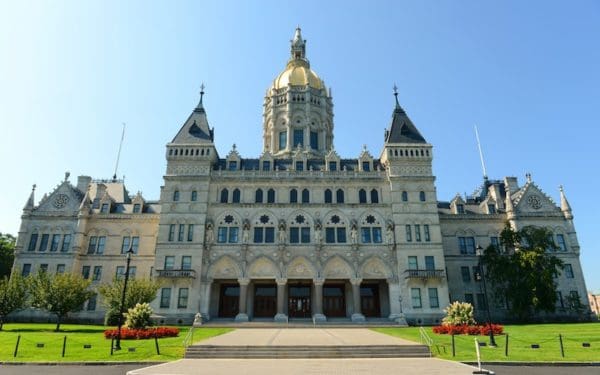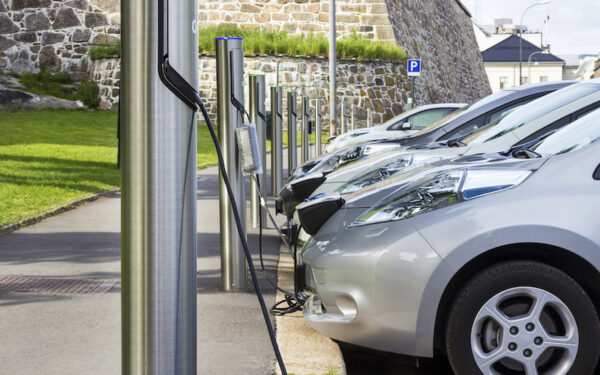How We’re Fighting Environmental Injustice in New England in 2025
CLF is advocating for bills that promote environmental justice and reduce inequity across New England

CLF is advocating for bills that promote environmental justice and reduce inequity across New England

As floods, wildfires, and extreme storms ravage our homes, insurance companies are either jacking up their prices or fleeing entirely.

Climate Superfund bills could make the worst climate polluters fund projects to protect New Englanders from the impacts of climate change.

The Trump administration has taken aim at NOAA and the EPA. We’re ready to fight back.

Climate and clean energy advocates from across Connecticut gathered at the State Capitol and called for improved access to cost-saving clean energy, lower pollution, and build healthy and resilient communities.

Since its inception in 2010, Mass Save has delivered more than $37 billion in benefits to consumers statewide.

Methane leaks kill trees and contribute to dangerous heat islands.

Zeyneb Magavi is executive director of HEET, a Boston-based nonprofit (and a CLF partner) dedicated to spreading the gospel of geothermal energy. She sees geothermal networks linking hundreds of homes and businesses through pipes snaking deep underground as part of “an ethical and efficient thermal energy transition.”

Not legally! But that doesn’t mean they won’t try – and CLF won’t make it an easy road.

You’re not alone in feeling exhausted and overwhelmed. It’s time to breathe, recenter, and direct our focus.
